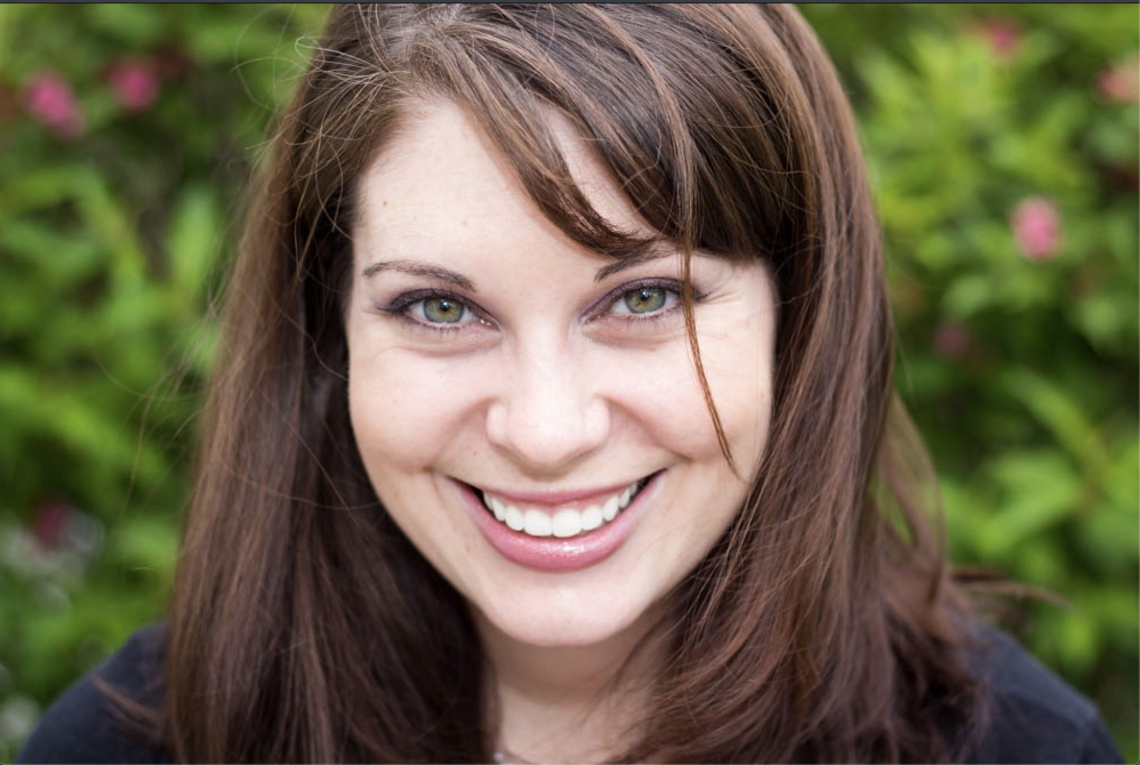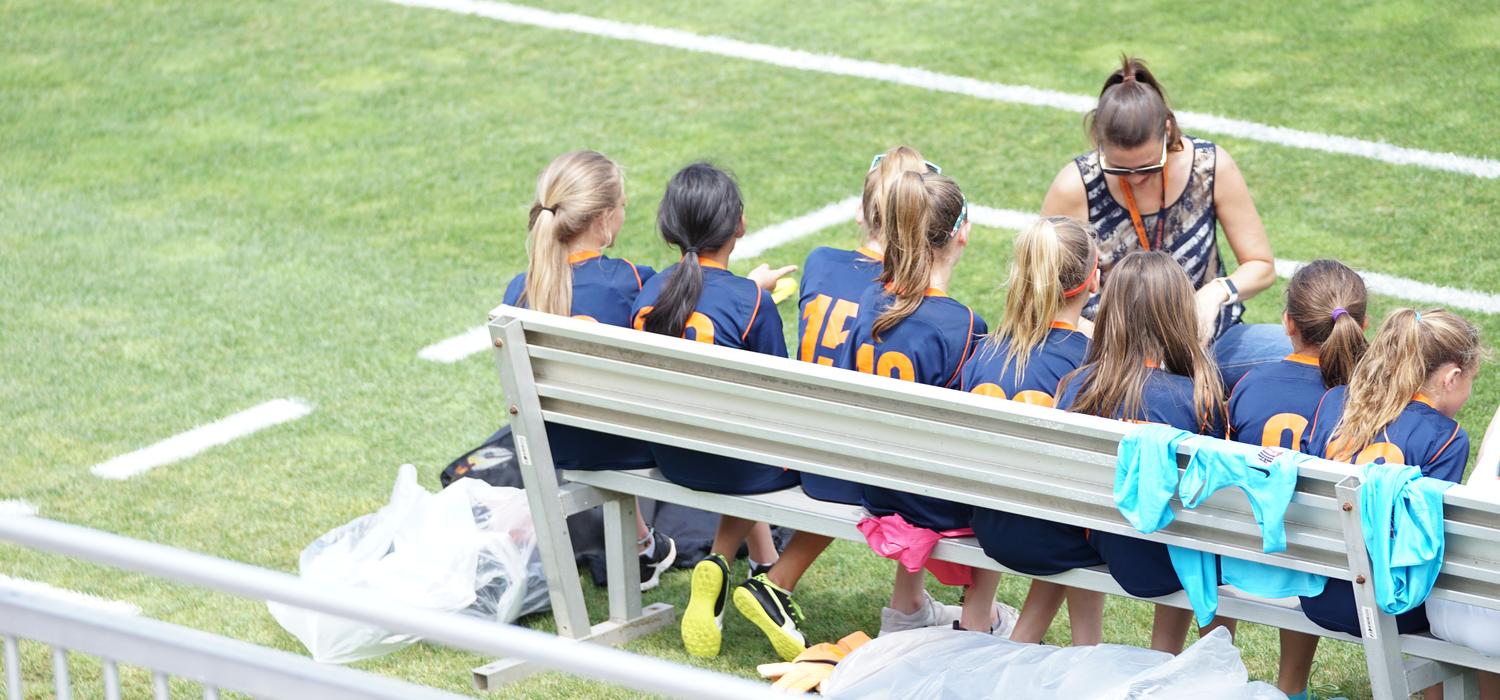
Deinera Exner-Corten participates on a panel with William Bridel and Carla Bertsch Sept. 7.
Courtesy Deinera Exner-Corten
Aug. 28, 2019

“Molly” is pretty adamant that I don’t use her name. And if you’re a hockey parent, you’ll get why. A few years back Molly’s son was unexpectedly promoted to an elite team. What should have been a cause for celebration turned into misery when her son was bullied, shunned and made the butt of practical jokes by his new teammates.
“It was really bad,” says Molly. “My son doesn’t cry, but it really impacted him. There were sleepless nights for me and my husband. And a questioning of whether it was worth it. I think if my son didn’t have good self-esteem it could have crushed him.”
This Saturday, Sept. 7, the faculties of social work and kinesiology are hosting a special panel discussion on Building Healthy Gender Identities in Sport. The discussion will open the doors to the locker-room for a special look at how some gender role expectations — what our society tells us it “means” to be a “man” or a “woman” — and cultures created around these values can lead to bullying, homophobia, and hazing. Register for this event.
So, what can you do if you or your child are bullied in the locker-room?
“Bullying occurs when there is a power imbalance,” says Dr. Deinera Exner-Cortens, PhD, a researcher with the Faculty of Social Work. “And in a team situation you can easily see where some of those power dynamics would come from: Maybe your body shape or gender or sexual diversity, or because you're not as good at the sport.”
While Exner-Cortens’ research doesn’t focus on sports settings, she’s an expert in bullying prevention and does a lot of work with young males in school and community settings.
Last year she received a $1.25 million Public Health Agency of Canada (PHAC) grant to evaluate WiseGuyz, an innovative program created and administered by Calgary’s Centre for Sexuality. The PHAC funding is aimed at exploring gender norms with 14- and 15-year-old boys to prevent adolescent dating violence and promote positive well-being.
She says that to effectively prevent locker-room bullying, people need to be aware of why it’s happening.
“What are the social dynamics?” says Exner-Cortens. “In the case of youth, it's really important for adults to have a sense of those dynamics and to intervene when they see they're being abused. It is not the job of the child who's being bullied.
"So that can mean intervening. It can mean mentoring. It can mean talking about what bullying is. It can mean setting up what we call positive social architectures. So, knowing the social dynamics and structuring groups accordingly. But that kind of leadership does come from adults.”
Exner-Cortens will be part of an expert panel that includes Faculty of Kinesiology researcher Dr. William Bridel, PhD, who focuses on addressing diversity and inclusion in sport. The panel will also include CBC commentator and former Olympic speedskater Anastasia Buscis, who brings the powerful perspective of her lived experience to the panel. Carla Bertsch, the university’s inaugural sexual violence support advocate, rounds out the panel. Bertsch is a registered social worker who draws on her professional experience working in gender-based violence, championing the needs and rights of anyone affected by sexual violence.
For her part, Exner-Cortens says she’ll draw on her research, which has shown it’s possible to create cultures that support healthier gender norms and decrease the use of damaging homophobic language and name-calling.
“It’s important to get the message out to coaches and people that athletes look up to, that homophobia does have real consequences,” says Exner-Cortens. “But there are things we can do that will help kids feel included, not just in the locker-room but more broadly, because we want sport to be inclusive. Things like bullying and homophobia are going to keep a lot of people out of the locker-room. So, what can we do to create environments where, if you want to play, you feel like you belong there?”
Make Alumni Weekend part of your weekend Sept. 5-8! A host of engaging experiences are planned for you and your guests of all ages. Register now.

Deinera Exner-Corten participates on a panel with William Bridel and Carla Bertsch Sept. 7.
Courtesy Deinera Exner-Corten